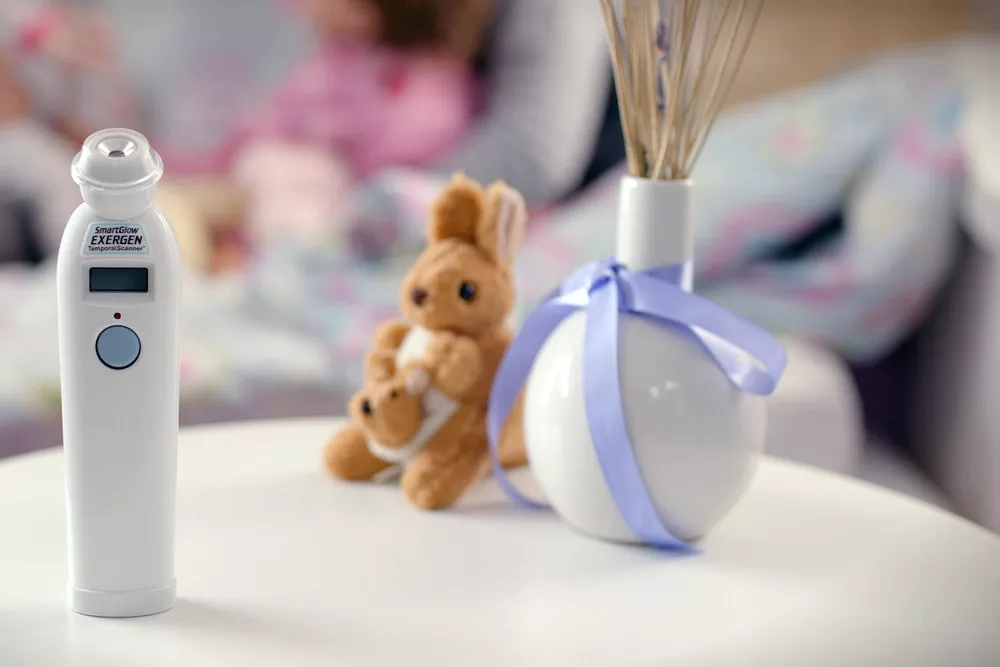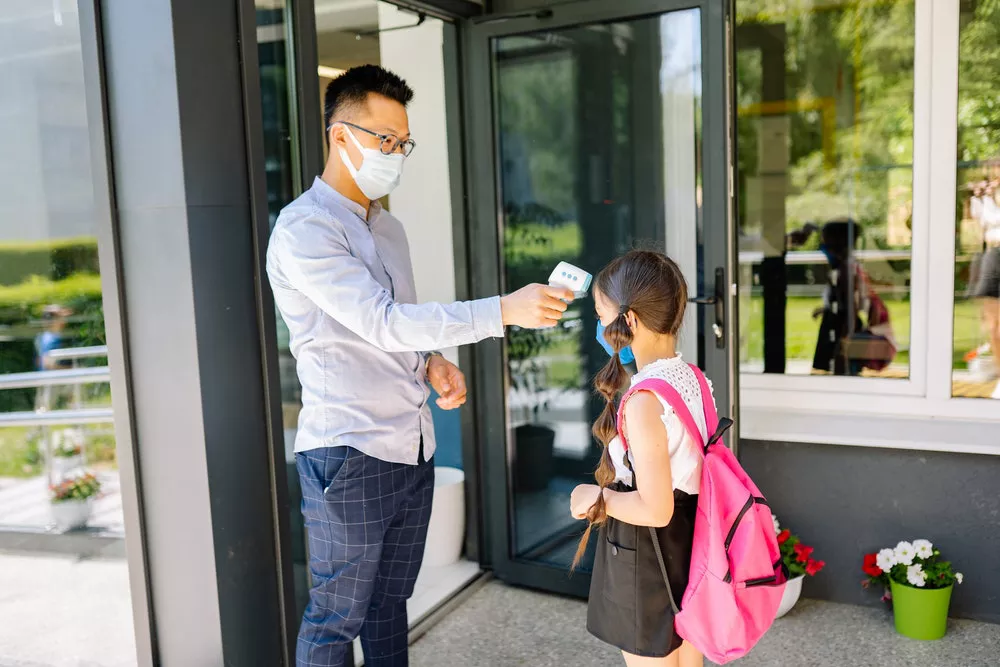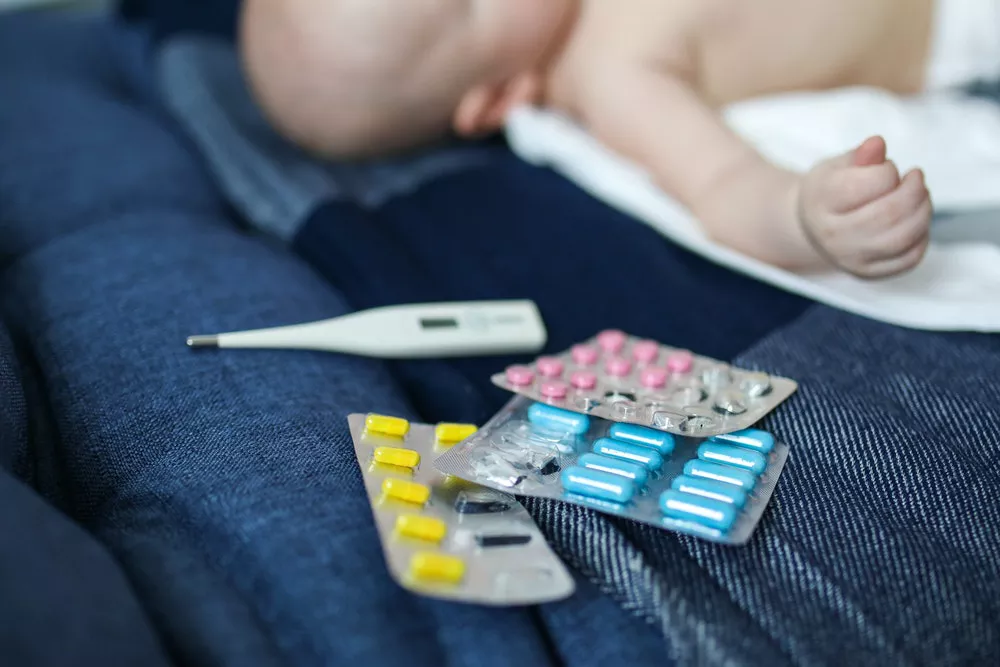I. Fever is a disease
Fever is not a disease actually, but the physical manifestation of a disease – that is symptom. There are many diseases including infectious and non-infectious diseases that may cause fever. Antipyretic drugs can bring down the body temperature, which does not mean that the disease is cured.
ii. the degree of body temperature reflect the severity of disease
Literally, the higher the temperature of a child within 6 months of age, the greater the risk of serious illness. But it is not proportional to the severity of the illness. In contrast, changes in the child's mental status are more meaningful.
III. Fever should be cooled down quickly
Fever is the body's defensive self-protective mechanism against infection which can aid in recovery from illness. Bring down a fever does not be so urgent until the children feel so uncomfortable (generally to say that the temperature raise above 39°C).
IV. Fever will do harm to the brain
Under the control of the hypothalamus thermoregulatory center, the body temperature of fever does not really exceed 41°C. Fever does not harmful to the brain, however fever caused by central nervous system diseases such as meningitis may damage the brain.
V. Medication is necessary for fever
Most diseases that cause fever in children are self-limitted. Taking antipyretic drugs can only temporarily lower the body temperature, while the abuse of antibiotics can increase the drug resistance of pathogens.
VI. The body temperature will return to normal immediately after the application of antipyretic drugs
It takes half an hour to an hour for antipyretic drugs to take effect, while the body temperature can drop by 1-1.5°C after taking effect,which can only last 4-8 hours.
VII. Antipyretics can prevent febrile convulsions
The occurrence of febrile convulsions is not related to antipyretics, but matter about the phase of severe temperature change, which is controlled by genetic factors.
VIII. Waking up your child to take antipyretics when he falls asleep with fever
The purpose of antipyretics is to make the child feel comfortable. Since the child has fallen asleep due to exhaustion, there is no need to wake him up.
ix. Intravenous fluids reduce fever more quickly
Intravenous infusion is mainly used for severe bacterial infections, inability to eat independently, and moderate to severe dehydration, which does not applicable to fever. Oral antipyretics are preferred for children with high fever to cooling down.
X. Chinese herbal medicines for detoxification can reduce fever
There are no studies to confirm that Chinese herbal medicine can reduce fever. The reduction of fever may be an evolutionary process of the disease itself, rather than the effect of the drug.




